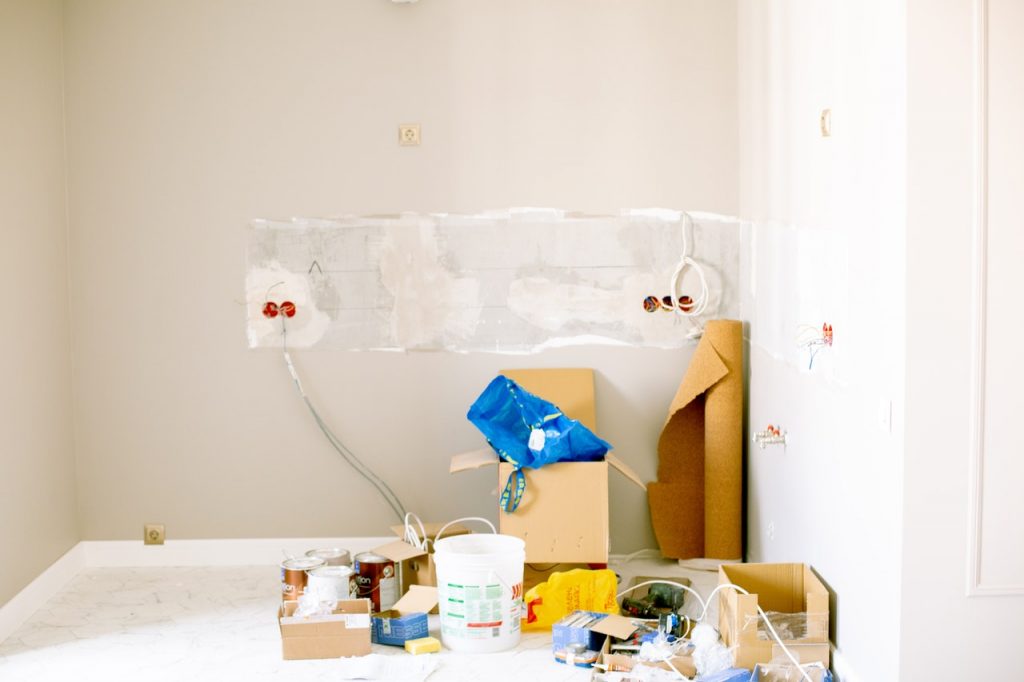The home improvement industry saw a surge in activity even in the middle of the pandemic. One of the reasons for this surge is that people are staying home most of the time. In this situation, they started their own renovation projects since they wanted something different in their homes.
Moreover, low-interest rates also encouraged people to spend on improving their homes. Homeowners considered it a worthwhile investment to spend on home improvement. Many of these homeowners also contacted home improvement companies to work on their projects.
With this in mind, setting up a home improvement company is a good decision for anyone who has the necessary capital. But it can be challenging to get into the industry, especially if you have little to no experience in it.
You can consider the following things if you’re planning to take a shot at the home improvement business to get a share of the market.
Get a Subcontract
Before becoming a full-blown home improvement company, you can start as a subcontractor. With the business booming, it’ll be easy to find a company looking for someone to do smaller projects for them.
Being a subcontractor offers several benefits for your business. First, you get the experience you need when you set up your own company. It will also allow you to know some tricks of the trade. Additionally, you can start creating your network of suppliers while working for these bigger home improvement companies.
Once you have the experience and contacts you need, you can start creating an exit strategy and setting up your own business. But you should do this gradually to avoid getting blacklisted by the bigger companies. You should make sure to maintain a friendly relationship with these companies even though they will become your competition soon.
Calculate Your Finances
A home renovation business is much easier to finance compared to a full-blown construction business. Despite this, it’s still important to consider the cost needed to set up the business. Besides the equipment, you also have to consider direct labor costs, overhead expenses, and materials used in the project. Once you have the figure calculated, you can start checking your financial standing to see if you have enough capital to start your own business.
If the finances are lacking, you can also visit banks and see if you can get a business loan. The low-interest rates will be a godsend for your business since the loans will be affordable for you, especially when the projects start coming in. Another financing option is getting a loan from the Small Business Administration. Getting loans from these agencies can be easier than getting one from a bank.

Check Your Options
Since going up against these established companies can be challenging, you can also consider focusing on a component of the home improvement market. You can focus on a certain segment and gradually build up your reputation. This will allow you to budget your finances and avoid putting everything on a business venture you might not have enough experience yet.
If you consider lawn care startup costs, you will see the low investment it needs compared to starting your own home improvement company. With this in mind, you might want to consider starting with a franchise rather than starting from scratch when you set up your business. A franchise would be a good option since all you need to put up is the capital. Once you have the capital, you only have to look for customers for your business.
Network with Suppliers
When you were still a subcontractor, you could connect with suppliers who can provide you with the materials you need. You should make sure to treat them well so that they will give you a good deal on the supplies you need for the business. The home improvement business will have a good chance of succeeding if you have good suppliers.
Negotiating the best deal for both parties is also important. While you might want to get the lowest prices for the supplies, you should also consider that your suppliers are also running a business. With this, it’s always important to take care of them so that they’ll take care of you. And you can do this by giving them a fair price and making sure they are paid on time.
Another important thing to consider is having a backup supplier in case your main supplier cannot deliver. This allows you to avoid any delays in your home improvement projects and keep your customers happy. Just make sure the quality of the secondary supplier’s products is as good as the ones offered by your main supplier.
The current surge in the home improvement industry makes it a good market to enter if you’re still undecided on the business you want to put up.

